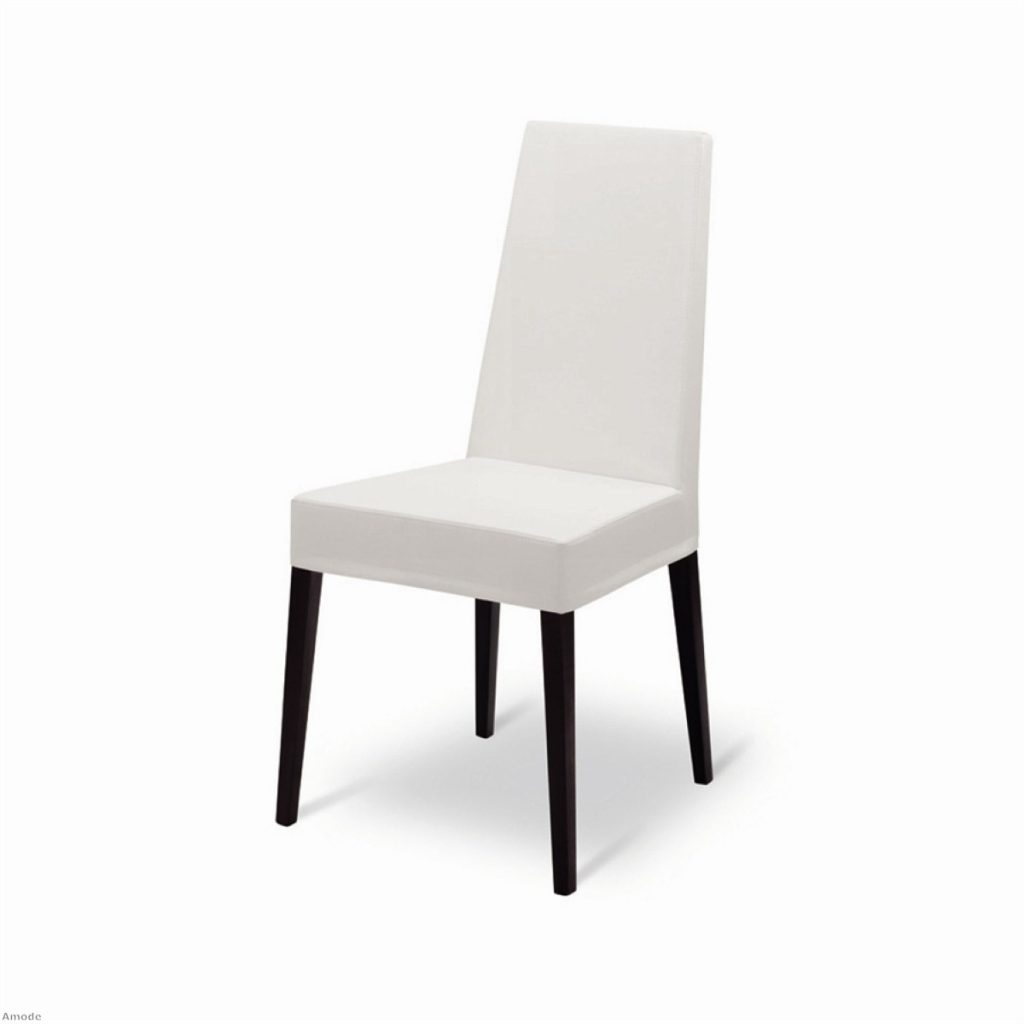Broadcasters must hold firm – TV debates aren’t Cameron’s to turn down
There is a sense of confusion in the media response to David Cameron's offer on the TV debates. Many journalists seem to believe that what he says goes.
There are a couple of reasons for this. Firstly, the print media was horrified by how irrelevant it became in the 2010 election when the debates took over. Part of the fierce backlash against Nick Clegg following his first appearance could be explained not just by political imperatives, but also by a sense of frustrated impotence at the idea that tides were moving without their say-so. Secondly, the press is mostly more supportive of the Tory party, so they're happier to fall in line.
But Cameron does not own the debates. He can say as often as he likes that he will only do an expanded line up before the short campaign, but it is not his to shape. The broadcasters are perfectly able to press ahead with their plans while keeping an empty seat for him.
That image would be profoundly damaging to the Conservatives, something which makes the broadcasters wary. But refraining from holding the debates because of the opposition of Downing Street is also party political. It benefits the Tories over other parties. There is no point taking fright now. From the point they drew up the list of included parties, the broadcasters were involved in party politics.


In truth, they've fumbled this from the start. They knew what Cameron's objections would be and they fell into them anyway. They were wrong to exclude the Greens and then wrong again to expand the line-up without including the DUP. These were rookie errors. You didn’t have to be a game theory specialist to see how Downing Street would use them.
But regardless of past errors, the broadcasters must hold firm now. Anything else would be forsaking the rights of the public for the demands of the governing party.
It is also clear that there must now be a set of rules set down on televised debates, including who is included and when they take place. This shambles can’t be allowed to take place next time round. The debates will rarely be in the prime minister's interests, unless they are lagging behind in the polls, as Gordon Brown was when he agreed in 2010. They must not be subject to Downing Street's sense of tactical advantage.
The debates should be set in stone to take place during the short campaign. In an age of disillusionment with politics, scrapping a format which triggered huge public interest is constitutionally suicidal.
In order for the broadcasters not to get themselves into the mess they have this time round, there should be clear rules on inclusion. At the minimum, there should be one debate for all parties running in over two-thirds of seats and one between the leaders able to become prime minister.
For now, the broadcasters must press ahead with their flawed plans and empty-seat the prime minister. That is the only democratically tolerable response.












